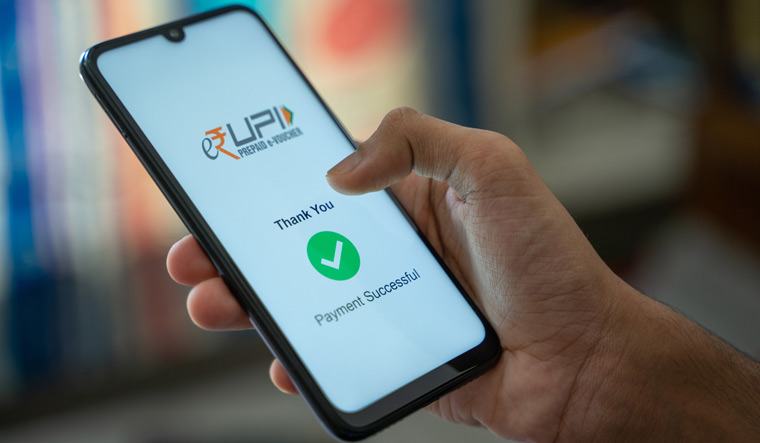Using digital public infrastructure (DPI) like Aadhaar, Jan Dhan bank accounts and mobile phones, India has achieved in a much short time what would have otherwise taken up to 47 years without DPIs, a 78-page report prepared by the World Bank that was released on Friday has said.
The G20 Global Partnership for Financial Inclusion (GPFI) document has been prepared by the World Bank as an implementing partner of GPFI with the guidance of and inputs from the G20 India Presidency, represented by India’s finance ministry and the Reserve Bank of India (RBI).
The report defines DPI as “interoperable, open, and inclusive systems supported by technology to provide essential, society-wide, public and private services, (which) can play a critical role in accelerating this transformation in an inclusive way.”
Launched in 2009, Aadhaar is a foundational digital ID system that uses biometric and demographic data to allocate a 12-digit unique identity number to every Indian citizen. The Jan Dhan bank account scheme, launched in 2014, is the national mission to ensure access to financial services namely, banking, savings and deposit accounts, remittance, credit, insurance and pension in an affordable manner.
The report says: “In India, the implementation of DPIs such as Aadhaar, along with the Jan Dhan bank accounts and mobile phones, is considered to have played a critical role in moving ownership of transaction accounts from approximately one-fourth of adults in 2008 to over 80 per cent now—a journey that it is estimated could have taken up to 47 years without DPIs.”
“While DPIs’ role in this leapfrogging is undoubtable, other ecosystem variables and policies that build on the availability of DPIs were critical. These included interventions to create a more enabling legal and regulatory framework, national policies to expand account ownership, and leveraging Aadhaar for identity verification,” it said.
The report also praised DPIs in other countries like Singapore’s Singpass, the Philippines’ PhilSys, and the United Arab Emirates’ UAE-Pass and other digital payment systems.
Fast payment systems, such as Brazil’s Pix, India’s UPI, Türkiye’s FAST, the European Union’s TIPS, and Thailand’s PromptPay and data-exchange platforms such as India’s Digilocker and Account Aggregator, Estonia’s X-Road, Singapore’s MyInfo, Australia’s Customer Data Right, and the United Kingdom’s Open Banking also came in for praise.
“These effects may translate into faster progress in financial inclusion and enhance productivity over and above that which can be achieved by DFS (digital financial services) provided by financial service providers operating without such shared infrastructure,” the report added.
Financial lives are becoming increasingly automated and integrated—from individuals opening an account without leaving home, to emergency social assistance that transfers into an account shortly after an account holder applies through an SMS text, to individuals transferring funds by a simple click on their phone, to micro, small, and medium-sized enterprises accessing credit using their transaction history data as proof of creditworthiness, it said.



